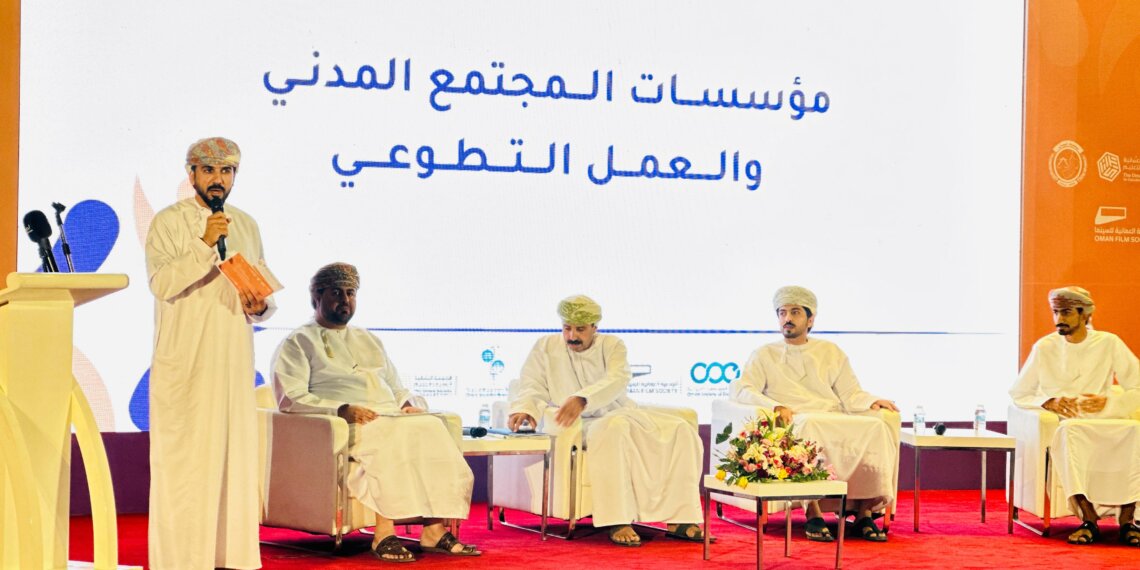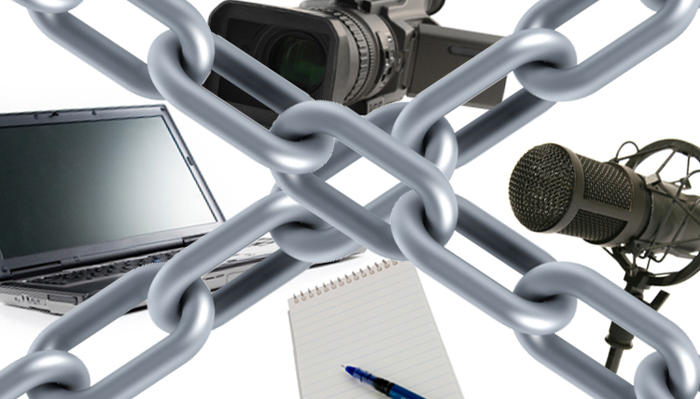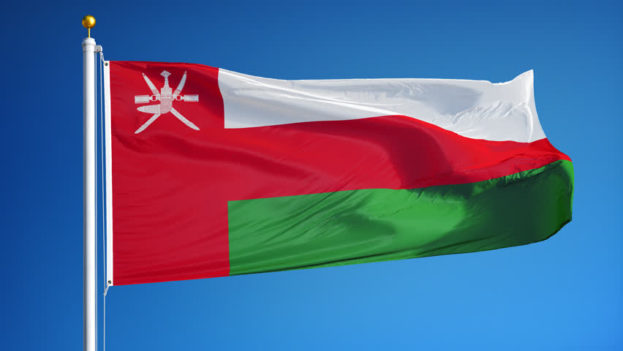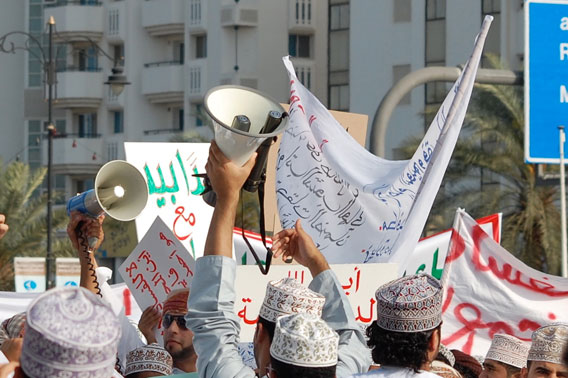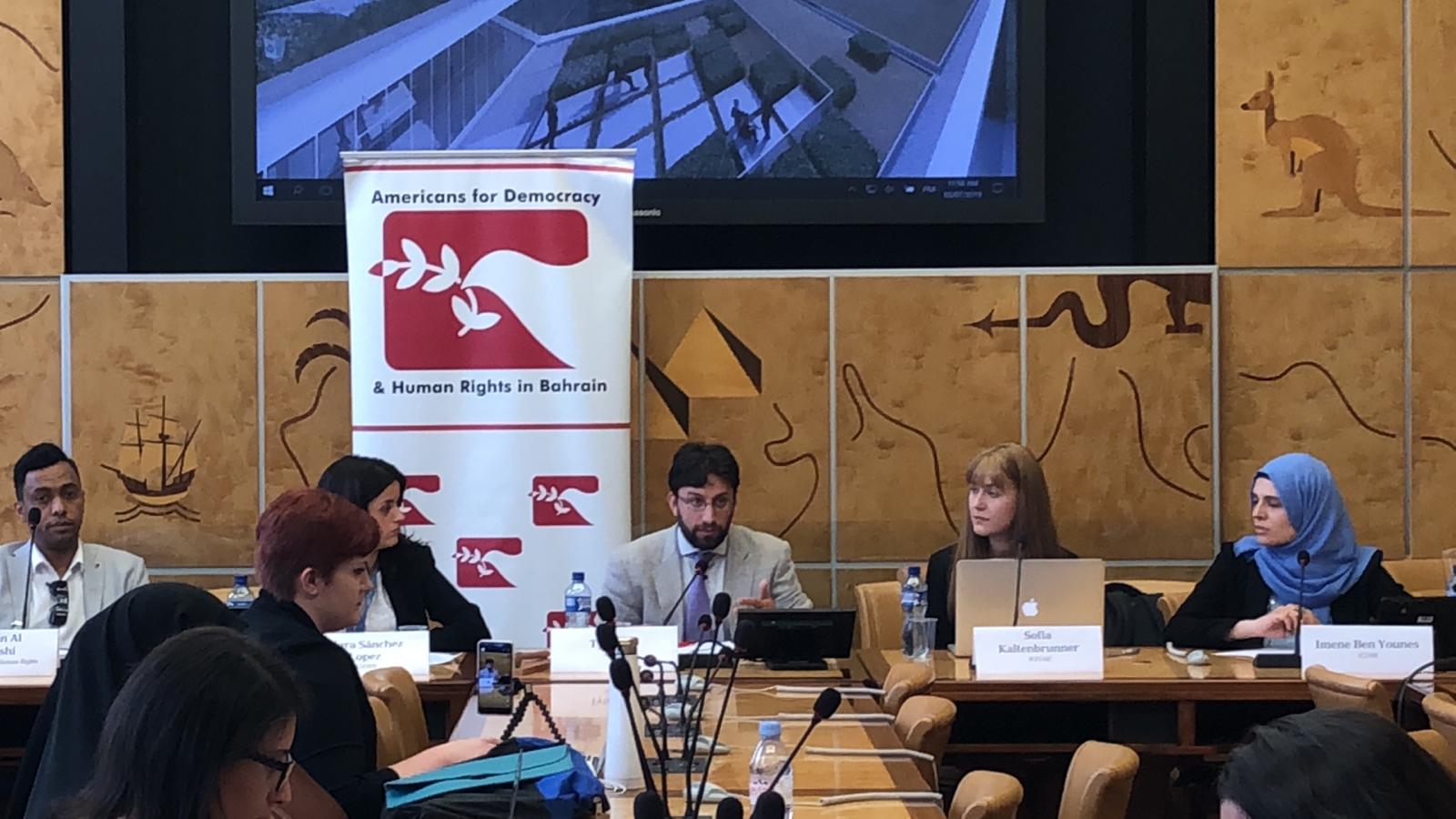Civil societies are an important instrument for protecting human rights, both locally and internationally. In Oman, national laws allow civil societies and human rights nongovernmental organizations to form, yet they also severely restrict their ability to operate. These organizations cannot work independently in Oman as they are tightly regulated by the government. As a result,[…]
Historically, Gulf Cooperation Countries have used a strategy of repression by imposing state control of the media or through broad laws and strict censorship. Often, the governments justify this control by referring to social values like cohesiveness and harmony in society. However, this strategy poses journalists in the Gulf at extreme risk. They are harassed,[…]
Ahead of Oman’s third cycle Universal Periodic Review, Americans for Democracy & Human Rights in Bahrain (ADHRB) submitted a report assessing freedom of expression in Oman titled Concerning Systematic Restrictions on the Rights to Freedom of Expression in the Sultanate of Oman. The report addresses the current policies, practices, and law which criminalize and hinder[…]
Authority forces from the Internal Security Service (ISS) in Oman have been active in targeting pro-reform activists for criticizing the Omani government on social media. After the Arab Spring Uprisings in 2011, Oman intensified the restriction on free expression in the country. Human Rights Watch (HRW) has reported an obvious pattern of repression on[…]
3 July 2019 – Today, Americans for Democracy & Human Rights in Bahrain hosted a side event at the 41st session of the United Nations (UN) Human Rights Council (HRC). The event was co-sponsored by CIVICUS, the Committee to Protect Journalists, English Pen, Frontline Defenders, International Centre for Justice and Human Rights, International Campaign for[…]


